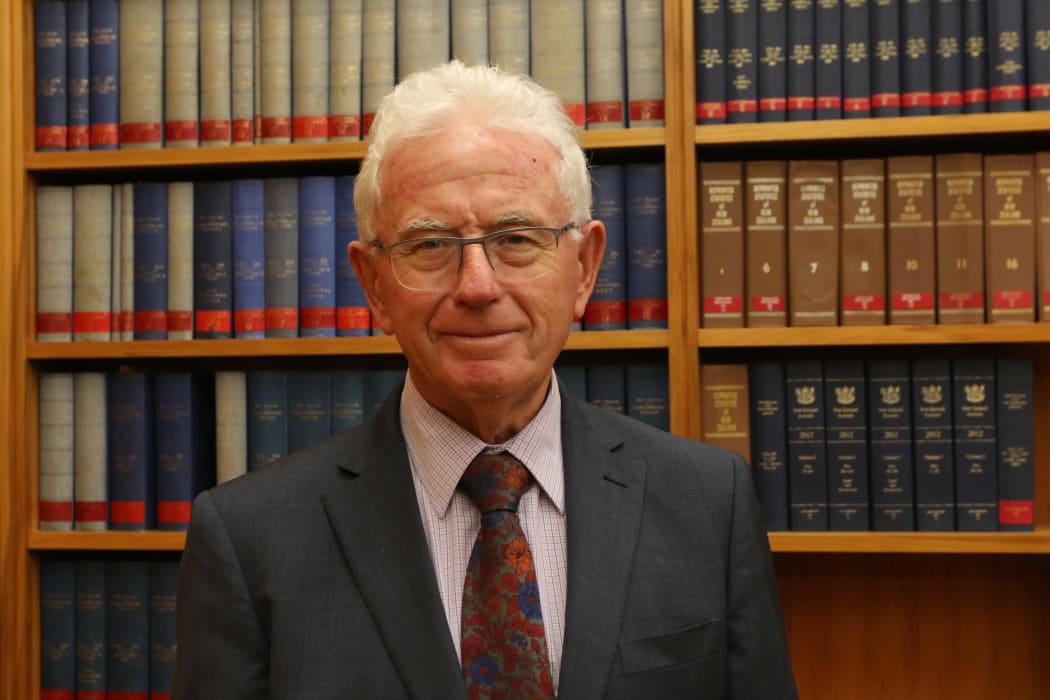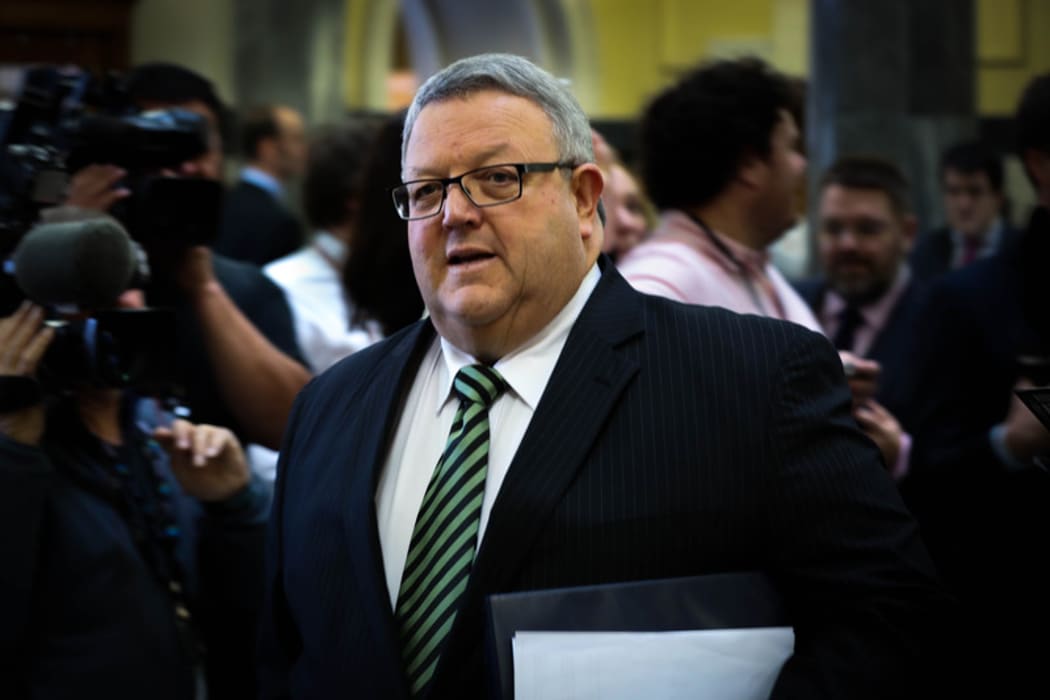Leader of the House is the most important political job you’ve never heard of. It’s the person who 'organises' Parliament for the government, the ring master of the chamber.
They decide what will happen, who will speak for the government, and which bills will get debated; they negotiate with coalition partners, and with the opposition, to gain support and get things done.

Sir Michael Cullen, Leader of the House during the Helen Clark ministry. Photo: VNP / Phil Smith
This week Gerry Brownlee stepped aside from the role, after 8½ years calling the shots in the chamber, and Simon Bridges took over as Leader of the House, for the National Party. His opposite number (the Shadow Leader of the House) is Labour’s Chris Hipkins.
To get an insight into the role and to find out what it takes to do it well, The House sat down with Sir Michael Cullen, who performed the role throughout Helen Clark’s ministry.
Sir Michael noted that everyone does the job differently and how they do it will depend on their personality and skills, but also on those of the Prime Minister they serve. He notes though that whatever their approach there are some basic requirements to being effective.
“Some Leaders of the House don’t seem able to establish the rapport, both with their own colleagues and others, that’s necessary to make things work. And that can be quite a difficult period in Parliament, because things begin to kind of fall apart. In a way the Leader of the House is the centre, if it doesn’t hold, then things fall apart.”
Retaining that rapport requires avoiding Machiavellian tactics and being as honest with all parties as is reasonable, though Sir Michael notes that there are times when secrecy is necessary, like in the lead-up to a budget announcement.
“The most important aspect of the job of Leader of the House is to have [the] trust, not just of your colleagues, but of at least the key figures in other parties. ...There’re some fundamental decencies, which despite all the noise, need to be followed.”

Gerry Brownlee, Leader of the House during the John Key ministry. Photo: RNZ / Alexander Robertson
Sir Michael Cullen says that the role demonstrates that the public perception of Parliament as fractious and uncooperative is incorrect. That in fact, politicians do cooperate to get things done for the good of the country.
“The most common criticism of Parliament is ‘you always seem to be arguing, you’re always having a go at each other, why can’t you agree on things.’ The reality is, as anybody around this place knows, and the [press] gallery knows; is that a great deal of legislation goes through with a minimum of debate, because it is largely agreed. There might be one small party disagreeing. But not a huge amount of time is spent on it.”
In order for the Government to get much done at all, the Leader of the House must foster a Parliament where political parties can co-operate, negotiate and work together, despite their differences.
He says that unlike America where politics has become so partisan that it creates legislative gridlock, New Zealand’s Parliament is still a reasonable place where politicians work together effectively.
“No government can get through a reasonable programme in the amount of time that Parliament sits in a year. ...so that, if every Bill was debated as long as it could be, very few Bills would pass compared to the number that do. …So the reason why Parliament seems to be arguing the whole time, is because the Bills that are debated, are those on which the parties disagree and disagree strongly, and that’s why they’re the ones which are taking up the time in the House.”
For more from Sir Michael Cullen listen to this episode of The House.


